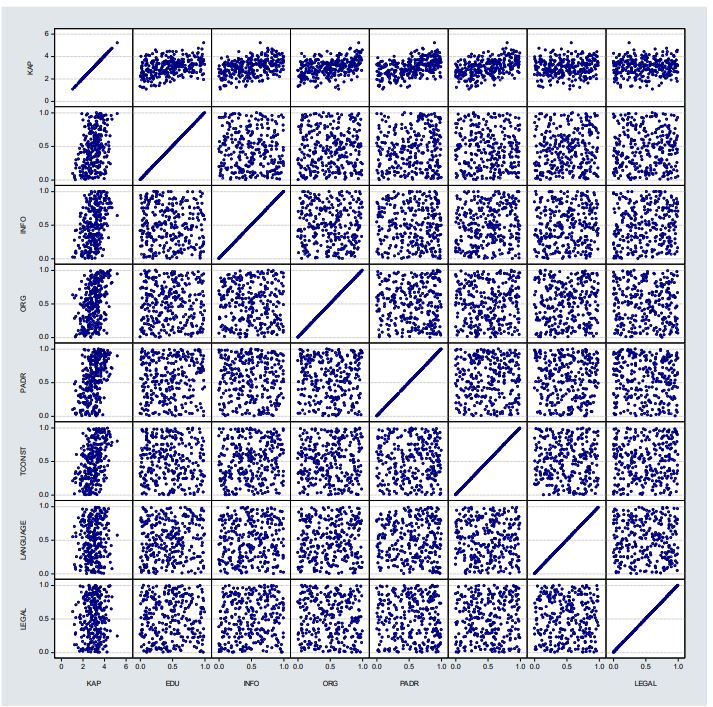The Impact of Pharmacovigilance Training Programs on Healthcare Professionals' Knowledge, Attitudes, and Practices in Developing Countries: A Study on MENA Countries
Keywords:
attitudes, healthcare professionals, knowledge, linear regression, pharmacovigilance, practicesAbstract
Background: Pharmacovigilance is essential for ensuring the safety and efficacy of medicines. Healthcare professionals (HCPs) play a crucial role in identifying and reporting adverse drug reactions (ADRs) to regulatory authorities. However, their knowledge, attitudes, and practices (KAP) related to pharmacovigilance can vary depending on various factors.
Method: This study aimed to investigate the relationship between HCPs' KAP related to pharmacovigilance and independent variables such as education and training, access to information, perception of ADRs, time constraints, organizational support, fear of legal consequences, and language barriers. A linear regression model was used to analyze the data collected from a sample of HCPs.
Results: The results showed that all independent variables, excep t for language barriers and fear of legal consequences, were statistically significant in predicting KAP. The R-squared value of 0.855711 suggested that the model provided a good fit to the data and had a high degree of explanatory power. The mean KAP score was close to 3, and the standard deviation was relatively narrow. The F-statistic of 234.6801 and p-value of 0.000000 indicated that the model as a whole was statistically significant. The Durbin-Watson statistic of 1.834067 suggested that there was no significant autocorrelation in the residuals.
Conclusion: The study highlights the importance of education and training, access to information, perception of ADRs, time constraints, and organizational support in improving HCPs' KAP related to pharmacovigilance. Efforts should be made to address language barriers and alleviate the fear of legal consequences to further enhance HCPs' KAP. The study's findings could inform the development of targeted interventions and policies to improve pharmacovigilance practices and enhance patient safety.




